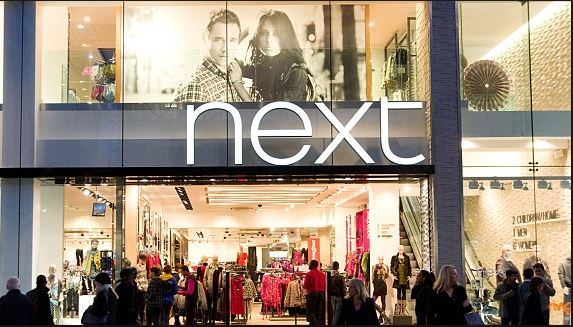Next has been forced to face a tax bill of £22.4m after being challenged by HM Revenue and Customs.
The high street giant had been involved in a tax avoidance structure, known as a rate-booster, which involves the transportation of cash flow. The court found that the company had diverted UK profits to foreign subsidiaries. This would essentially allow the company to claim tax relief on overseas profits.
Certain companies that engage in this avoidance scheme have been found taking part in complex circular movements. Profit is transferred between companies in the same group to allow double taxation to be claimed.
Around 70 rate-booster cases have already been accepted by companies that wanted to evade a further court case. These have brought in a substantial £500m in tax payments to date.
HMRC are working to prevent this scheme from becoming a frequent occurrence. In a statement HMRC‘S Director General of business tax, Jim Harra, said: “This case shows how HMRC takes effective action against big businesses that try to avoid paying tax through convoluted, artificial avoidance schemes”.
The 2005 and 2009 legal changes involving taxes mean that rate-booster schemes are no longer appealing or possible.
Talya Misiri


















